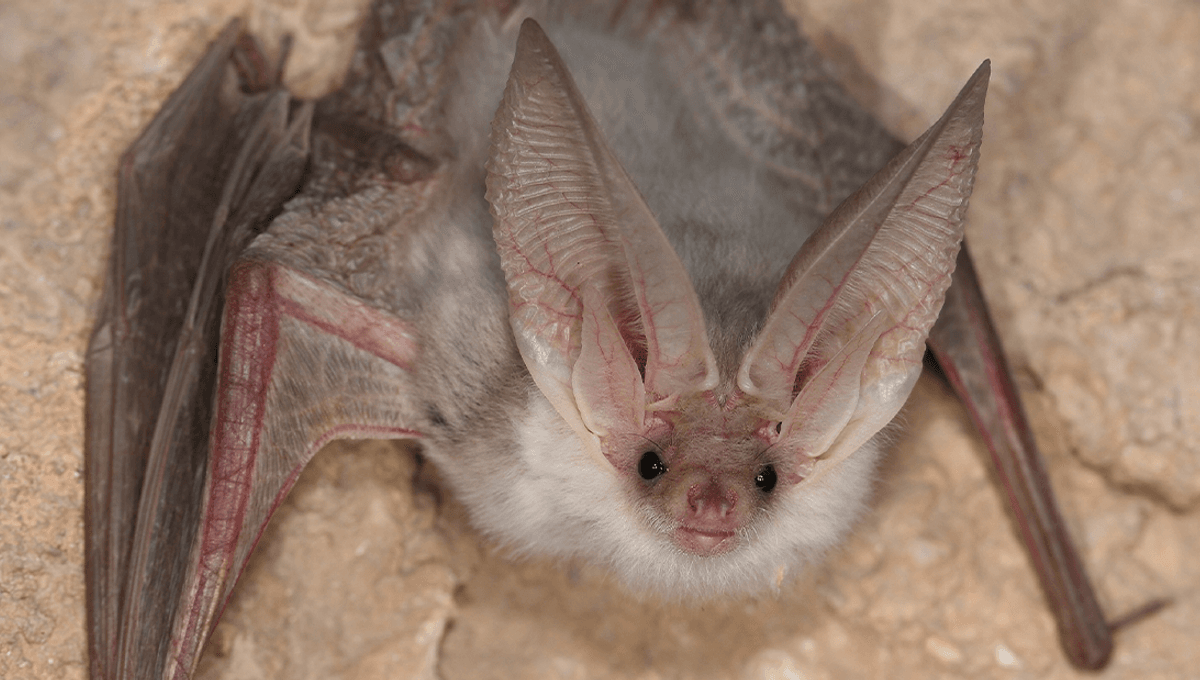After 55 years missing from the Karakum Desert, it was suspected that the Turkestan long-eared bat (Plecotus turkmenicus) had likely gone extinct or become very rare. Nobody had seen the species since 1970 and there were no photos or recent descriptions to suggest otherwise. Until now.
The rest of this article is behind a paywall. Please sign in or subscribe to access the full content. Only known from a few specimens found in Russian museums, in October the Turkestan long-eared bat became the focus of an international research trip where the team – made up of researchers from Germany, Uzbekistan, and Turkmenistan and led by the Museum für Naturkunde Berlin – visited historical sites within Turkmenistan that had been known to have the species there in the past. After searching the areas the team were pleased to find a young female bat hidden in a crevice at a demolition site, as well as spotting an adult male bat in a cave 87 kilometers (54 miles) away near the border with Uzbekistan. The species is known to roost in caves and humanmade structures like wells. This represents the first time the species has been recorded in 55 years. The first-ever photos of the species were also taken. Given the proximity of the male bat's location to Uzbekistan, this raises the idea that there could be a population in that country too. The bats' decline within the Karakum Desert is likely caused by climate change, which has made the desert area even more dry and affected vegetation cover with temperatures rising ever higher. However the Turkmen government plans to make a protected area covering more than 50,000 hectares (123,600 acres) of this desert environment, helping to protect the bats but also other species like wild asses and the goitered gazelle. Bats have had somewhat of a bumper year, with some North American species found to glow green, while bats in Germany have been snatching rats straight out of the air to have as snacks. The “masked seducer” has even been impressing researchers with a never-before-seen courtship display.






